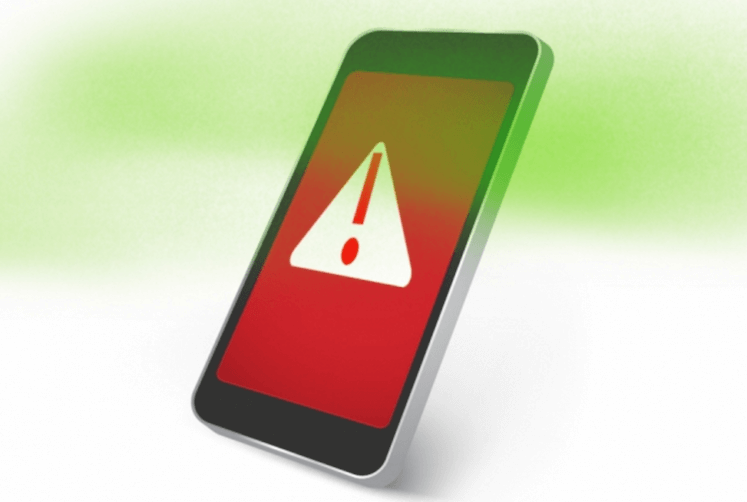Massachusetts Institute of Technology (MIT) researchers have unveiled a new sensor that could save lives by detecting a buildup of toxic gas in an area, and then send that data to a connected mobile or wearable.
The sensor is incredibly sensitive to toxic gas, able to detect 10 parts per million of gas in the air. When toxic gas is spotted, the carbon nanotubes inside the sensor break free of the insulating material, activating a near field communication (NFC) alert that appears on the connected device.
See also: Can wearables empower patients despite doctors’ skepticism?
MIT has made the sensor incredibly lightweight and inexpensive and hopes to build in into an radio frequency identification (RFID) badge in the future.
Sensor and mobile combination in the battlefield?
The RFID badges could be implemented in the Army or security to warn of chemical weapon deployment. It could also be utilized in areas where workers are using chemicals and areas of heavy pollution, where the air might be toxic.
“Soldiers have all this extra equipment that ends up weighing way too much and they cannot sustain it,” said MIT chemistry professor Timothy Swager. “We have something that would weigh less than a credit card. And soldiers already have wireless technologies with them, so it is something that can be readily integrated into a soldier’s uniform that can give them a protective capacity.”
Swager says the wearable tag can match laboratory equipment, but at a far cheaper cost while also being more mobile. He also expects that this is the smallest sensor researchers will be able to create that can track toxic gas.
Even though MIT is focused on the Army angle, the RFID tags could be utilized to report gas leaks and even notice leaks in lithium thionyl chloride batteries.









